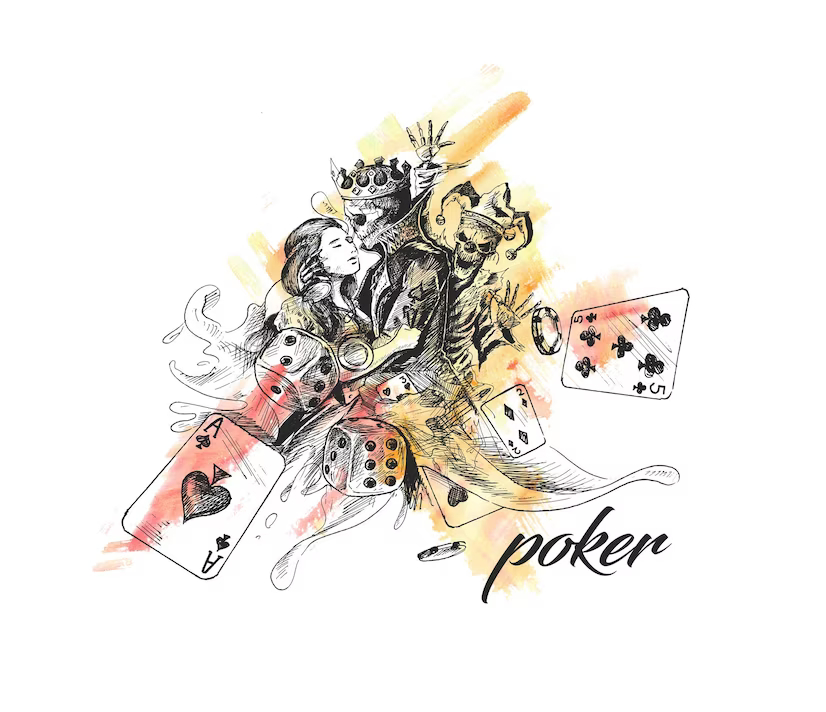Poker’s Dark Side: Cheating, Collusion, and Unethical Play
We’ve all heard the tales of scandals, disputes, and ethical debates in the world of poker. With over $100 billion wagered in poker each year, it’s no surprise that it’s a world rife with controversy. From the Ultimate Bet scandal to the ongoing debates over online poker regulation, we’ll explore the most prominent controversies in the poker world, and discuss the ethical implications of each. Join us as we dive into the murky depths of the poker controversies that plague the industry today.
The Ultimate Bet Scandal
You’ve definitely heard of the Ultimate Bet scandal – one of the biggest controversies in the world of poker. The scandal involved the use of a super-user account, allowing certain people to view opponent’s hole cards in real-time. It was discovered in 2007, when players began to notice suspiciously large wins and losses. Upon investigation, it was revealed that insiders had been using the account to gain an unfair advantage since 2004. This was a huge blow to the poker community, as it threatened the integrity of the game and the freedom of players to compete without the fear of being cheated. The scandal sparked a debate about the use of bots in online poker, and the need for better regulation and enforcement of rules in the industry.
The Use of Bots in Online Poker
With the rise of online poker, the use of bots has become a major concern for players, raising questions of fairness and security.
Security:
- Is the system safe from bot infiltration?
- Can the bots be detected and removed?
- Are players protected from malicious bots?
Fairness:
- Do bots have an unfair advantage?
- Can they create an uneven playing field?
- Can they manipulate the game?
Freedom:
- Do players have the right to play against bots?
- Are they allowed to use bots themselves?
- Should the use of bots be regulated?
These questions have sparked an ongoing debate over online poker regulation that continues to this day.
The Ongoing Debate Over Online Poker Regulation
You’re likely familiar with the ongoing discussion surrounding the regulation of online poker. With the growing popularity of the game, many countries are debating whether to legalize and regulate it. On one side, proponents of regulation argue that it would increase transparency and fairness. On the other side, opponents are concerned that it would stifle the freedom of players and limit their choices.
| Pros | Cons |
| More transparency | Less freedom |
| Increased fairness | Limited choices |
| Stricter rules | Increased costs |
The debate is ongoing, and looks to remain unresolved for the foreseeable future. The next topic we’ll explore is the unsolved disputes over player funds.
Unsolved Disputes Over Player Funds
Have you ever heard of unresolved disputes over player funds in the online gaming world? It’s a real issue that’s been cropping up in recent years, and it’s becoming increasingly difficult to ignore. Players have been complaining about not being able to access their funds, or withdrawing money only to find that it’s not the same amount they put in originally. This can be incredibly frustrating, especially when all they wanted to do was enjoy a few rounds of their favorite game. Fortunately, some gaming companies are taking steps to ensure that this doesn’t happen, but the work is far from over. In the meantime, we must remain vigilant and demand more accountability from the gaming industry. It’s our money, after all. All this leads us to the next topic: ethical issues with professional poker players.
Ethical Issues With Professional Poker Players
As an avid gamer, you know that professional poker players can sometimes find themselves in the midst of ethical dilemmas. From cheating to collusion, poker pros have to make sure they always abide by the rules. Some professionals have been accused of unethical behavior, such as using bots to play in tournaments, or using outside sources to gain an advantage. These accusations are taken very seriously, as even the slightest bit of unethical behavior can ruin a player’s reputation.
Beyond accusations, professional poker players also have to consider their own ethical obligations to the game. This includes not exploiting weaker players, as well as respecting the game and the community. These ethical rules are often unwritten, but breaking them can still lead to serious consequences.
At the end of the day, professional poker players must always remember that they have a responsibility to uphold the integrity of the game. Whether it’s through their own behavior or just by setting a good example, poker pros have a duty to the game they love.
We’ve discussed some of the major controversies in the poker world, from the Ultimate Bet scandal to the ongoing debate over online poker regulation. These ethical issues and disputes have shaped the landscape of poker as we know it. Overall, the game has become increasingly popular, with the global online poker market estimated to be worth over $60 billion by 2023. Clearly, poker is here to stay, and we’ll be sure to keep an eye out for any future scandals, disputes, and ethical debates that may arise.






